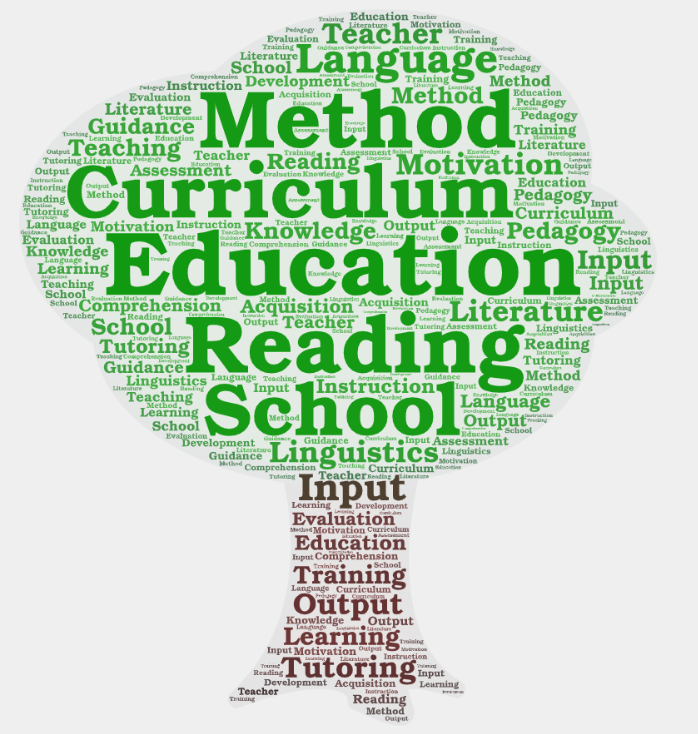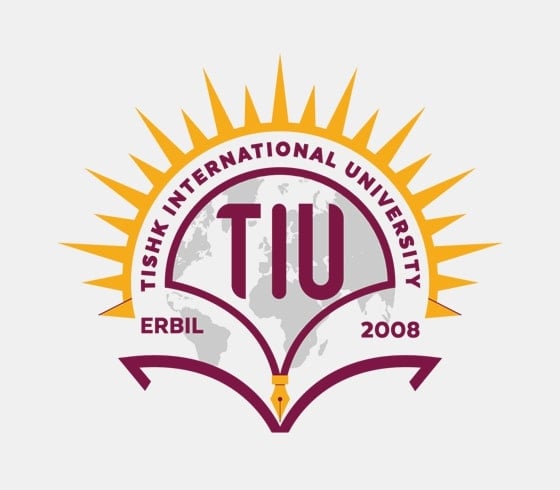Volume 8 Issue 4 Article 19
Teaching Translation in Iraqi Undergraduate Translation Programs
Sirvan Aminzadeh1
1Department of Translation, Cihan University, Erbil, Iraq
Abstract: The ultimate goal of an undergraduate translation program is to educate competent translators for the local and global translation markets. The present study concentrates on the translation programs at Iraqi universities while adopting a descriptive framework to show what translation students need to acquire through a 4-year study program. For this purpose, the researcher has reflected upon the application of the Social Constructivist Approach to teaching translation and the Translation Competence Development Model proposed by the PACTE research group (2003) according to which translation students need to develop linguistic as well as non-linguistic translation sub-competencies to become competent translators. In other words, students need to improve their bilingual, extra-linguistic, theoretical, instrumental, strategic, and psycho-physiological sub-competencies through completing their undergraduate studies. The curriculum assessment of some Iraqi universities` undergraduate translation programs has revealed that the development of non-linguistic translation competence is mostly missing in those programs. They generally emphasized the development of students` linguistic and bilingual abilities. In sum, these study programs, to provide their students with appropriate translation skills, knowledge, and abilities, need to be extended beyond the concerns of foreign language teaching.
Keywords: Teaching Translation, Translation Competence, Undergraduate Translation Programs
Published: January 23, 2022
References:
Baker, M. (1998). Routledge encyclopedia of translation studies. London and New York: Routledge.
Holmes, J. S. (1988). The Name and Nature of Translation Studies. In Holmes (1988), 67-80. [Also in Gideon Toury (ed.) (1987), 9-24].
Kelly, L. (1979). The true interpreter. Theory and practice of translation in West. Oxford: Blackwell.
Kiraly, D. (2000). A social constructivist approach to translator education, empowerment from theory to practice. Manchester: St. Jerome.
Krings, H. (1986). Translation problems and translation strategies of advanced German learners of French (L2). In J. House and S. Blum-Kulka (Eds), Interlingual and intercultural communication. Tübingen: Gunter Narr, pp. 263–75.
PACTE (2003). Building a Translation Competence Model. In: Alves, F. (Ed.). Triangulating translation: Perspectives in process oriented research. Amsterdam: John Benjamins.
Shreve, G. M. (2002). Knowing translation: Cognitive and experiential aspects of translation expertise from the perspective of expertise studies. In A. Riccardi (Ed.). Translation studies: Perspectives on an emerging discipline (pp.150- 171). Cambridge: Cambridge University Press.
International Journal of Social Sciences & Educational Studies
ISSN 2520-0968 (Online), ISSN 2409-1294 (Print), December 2021, Vol.8, No.4
Journal Metrics
Keywords


Contact Info
Fakhir Mergasory School, Erbil, KRG, IRAQ
Email: [email protected]
